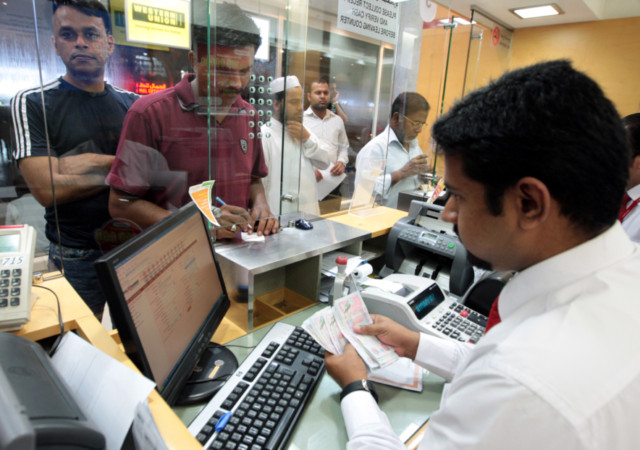Dubai: For many expatriates working in the UAE, families come first. In most cases, they put the needs of their parents, children and siblings, above their own, making sure they save a portion of their income to send back home.
Financial experts said there is nothing wrong with providing financial assistance to family members in need, but they need to save for themselves first, to ensure they can survive on their own when they are no longer able to work.
Unfortunately, the financial obligations to their dependents are making it difficult for a lot of expatriates in the UAE to secure their own future.
Quresh, a single expatriate from Pakistan, sends a third (30 per cent) of his salary every month to his parents. With the rising cost of living in Dubai and a stagnant salary, Quresh often finds himself struggling to save a portion of his income for himself.
“It does make things difficult. I need to restrict myself from [spending so much on] shopping, food, traveling and social life,” he said. “I dream about starting my own business, but as my family is dependent on me, I had to prolong my dream as much as I can to save for a better future."
According to HSBC’s research, many people in the UAE carry the burden of being the breadwinner in their family, with about nine in ten (92 per cent) providing regular financial support to at least one person, one of the highest across the world and far exceeds the global average of 73 per cent.
Other countries like Indonesia (96 per cent), Malaysia (92 per cent), and India (90 per cent) also have a high percentage of people who have dependents to support, while those in western countries like United Kingdom (57 per cent), Australia (61 per cent) and United States (62 per cent), don’t associate with this sentiment as much.
“While some working age people have more of a say in deciding what to do with their money, a majority [of people in the UAE] are facing difficult financial choices and are increasingly finding it difficult to save,” HSBC said.
“In particular, financial obligations to their dependents weigh on people’s ability to not only save for their own retirement, but also to leave behind an inheritance for their loved ones.”
Preeti Bhambri, founder of MoneyCamel.com, a personal finance website, said she has heard of too many sad stories of expatriates who have been left with nothing because they did not save or plan for their own future.
“A worker from Nepal sent two years’ wages back home to build a house of bricks (pukka). In the recent earthquake, the house fell and now she has nothing to show for all her wages. A single Asian man sent everything to his family back home and never got to save even for health or life insurance. He has been lying in coma in Rashid hospital for the last two months,” Bhambri said.
“There are many such heart-rending stories of expats living in UAE. Every individual who cares enough for his family must take some action to ensure that he and his family will be taken care of in case (they lose their job or a natural calamity renders them homeless).”
Bhambri said it is important for expatriates to think about their own financial security. Investing a portion of their income in a comprehensive life insurance plan, for example, can prove useful in the future.
They also need to make sure they have savings equivalent to four or six months’ salary. “This will sustain the individual and his family in case of a job loss or natural disaster,” she said.
Maria, another expatriate from Pakistan, said it is the rising cost of living in Dubai, aside from her dependent parents, that’s also making it difficult for her to save and realise her dream of one day owning a luxury home in Dubai.
“Most of my salary is spent on rent and my own expenditures here in Dubai, and frankly, there is hardly any left to send back home. However, I would estimate about 15 per cent goes back home,” she said.
“I have a whole family of dependents. I send money to my mother and father for the household expenditure and I contribute to my younger sister’s college education. I have to provide them with support every month, but at times I can only send the money once every two months.”
“The obligation to send money back home is significantly cutting into my own savings plan and the desires I personally have.”








